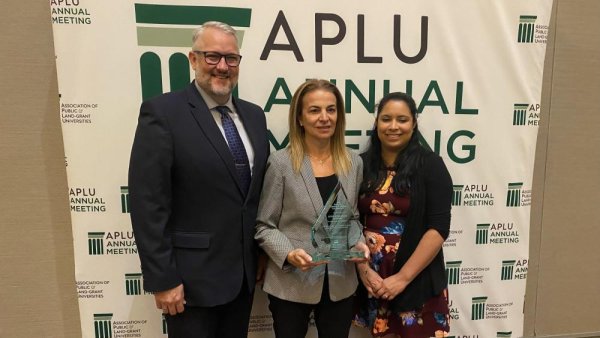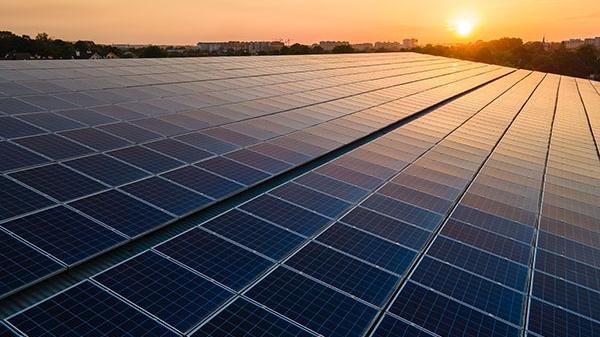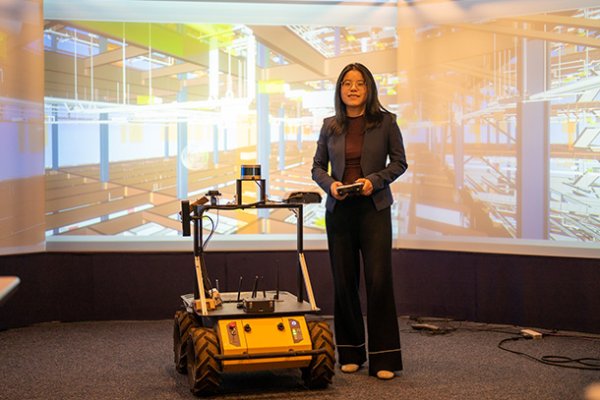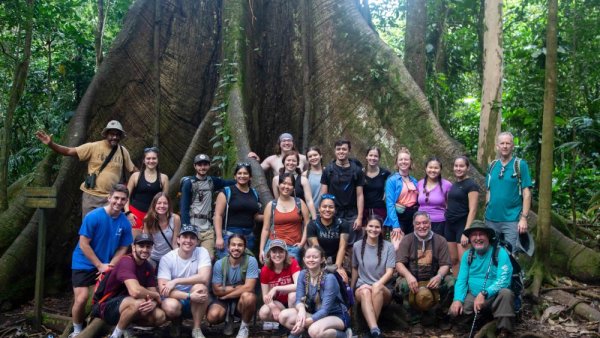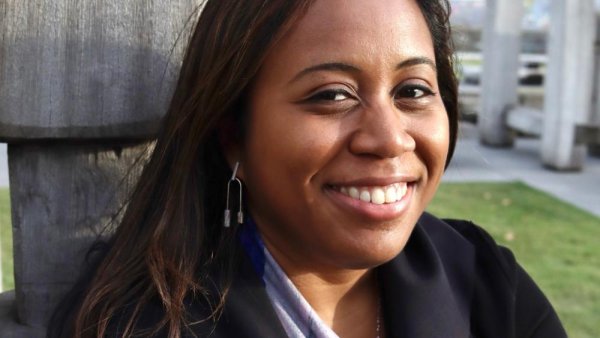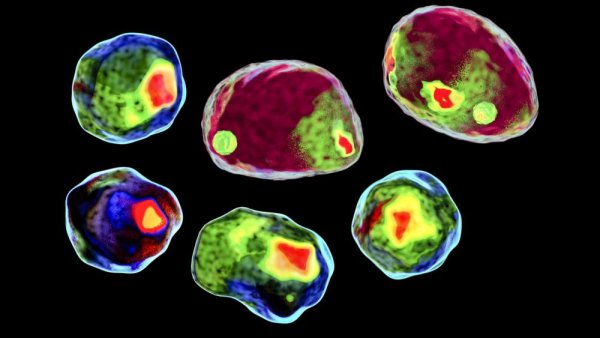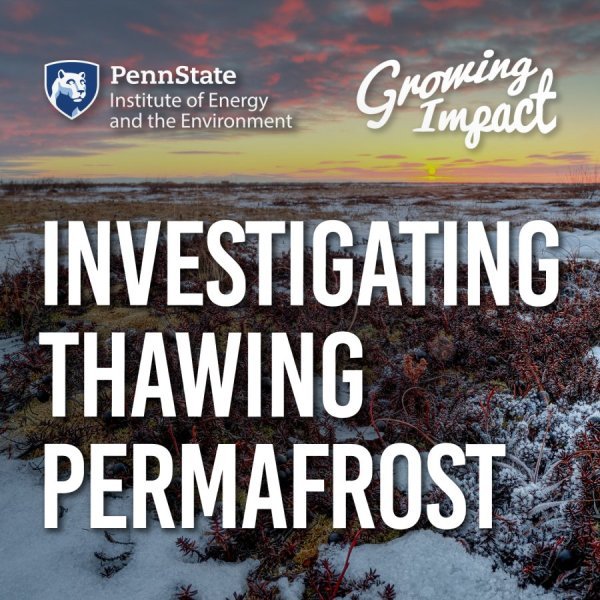Latinx Agricultural Network earns national award for uplifting Latino community
| psu.edu
The Latinx Agricultural Network in Penn State’s College of Agricultural Sciences has been lauded nationally for enhancing engagement with and support for Pennsylvania’s Latino agricultural community.
Center for Human Evolution and Diversity accepting grant applications
| psu.edu
The Center for Human Evolution and Diversity at Penn State is currently accepting proposals for grants available from the center for the 2022-23 and 2023-24 academic years.
Rock Ethics Institute accepting nominations for 2023 Stand Up Awards
| psu.edu
The Rock Ethics Institute is now accepting nominations for its 2023 Stand Up Awards. The annual awards recognize Penn State undergraduate students in any major, from any Penn State campus, for demonstrating ethical leadership by "standing up" for a cause, idea or belief.
Penn State to hold second annual Solar Symposium
| psu.edu
The second annual Penn State Solar Law Symposium, co-sponsored by Penn State Extension and Penn State's Center for Energy Law and Policy, will be held via webinar from noon to 4:30 p.m. on Nov. 16.
EPA awards $4 million for new air monitoring in Pa. environmental justice areas
| stateimpact.npr.org
Money from the Inflation Reduction Act will help pay for over $4 million in new air monitoring around Pennsylvania as part of a $53 million package of grants the US Environmental Protection Agency is awarding for air monitoring in environmental justice areas around the country. The agency said it focused on communities that are “underserved, historically marginalized, and overburdened by pollution.”
Artificial intelligence could help make construction more inclusive
| news.engr.psu.edu
Teleoperation — using artificial intelligence and robots to conduct work remotely — in construction could increase worker safety, improve performance, reduce obstacles and make for a more inclusive environment, according to Yuqing Hu, assistant professor of architectural engineering at Penn State.
Lauren Griggs: ‘I Engineer Connection’
| news.engr.psu.edu
Lauren Griggs, a biomedical engineer by training, is the director of Penn State's Multicultural Engineering Program. To her, the best solutions in engineering come from a wide variety of perspectives. Listen to Lauren discuss her efforts to create inclusive change in the broader engineering community.
Study abroad returns to the Eberly College of Science
| psu.edu
After a two-year hiatus, study abroad programming in the Eberly College of Science returned with a tropical field ecology trip to Costa Rica over winter break and an Anatomy in Italy trip over spring break.
Event introduces Penn State Behrend faculty to supercomputing-powered research
| psu.edu
Penn State’s Institute for Computational and Data Sciences will host an informational open house focused on how Penn State Behrend researchers can leverage the power of supercomputing. The event will be held in Room 236 in Burke Center on Wednesday, Nov. 9, from 10 a.m. to 3 p.m.
Architectural scientist to remotely visit Stuckeman School
| psu.edu
Architectural scientist, designer and educator Mae-ling Lokko will discuss her work as the founder of Willow Technologies Ltd. in Accra, Ghana, which upcycles agricultural waste into affordable bio-based building materials and for water quality treatment applications, at 6 p.m. on Nov. 9 as part of the Stuckeman School’s Lecture and Exhibit Series.
Electrical engineer explores quantum computing for renewable power systems
| news.engr.psu.edu
Yan Li, assistant professor of electrical engineering at Penn State, was awarded a three-year, $510,000 grant from the Office of Naval Research to develop quantum computing algorithms to explore operational mechanisms of nonlinear power systems and computational resources needed for renewable energy applications.
Flow Cytometry Core Facility provides cell analysis expertise to scientists
| psu.edu
The Penn State Flow Cytometry Core Facility, at the Huck Institutes of the Life Sciences, is equipped with flow cytometers and cell sorters that enable researchers to examine suspended cells within the size range of the submicron to 50 micron. One micron is one thousandth of a millimeter.

